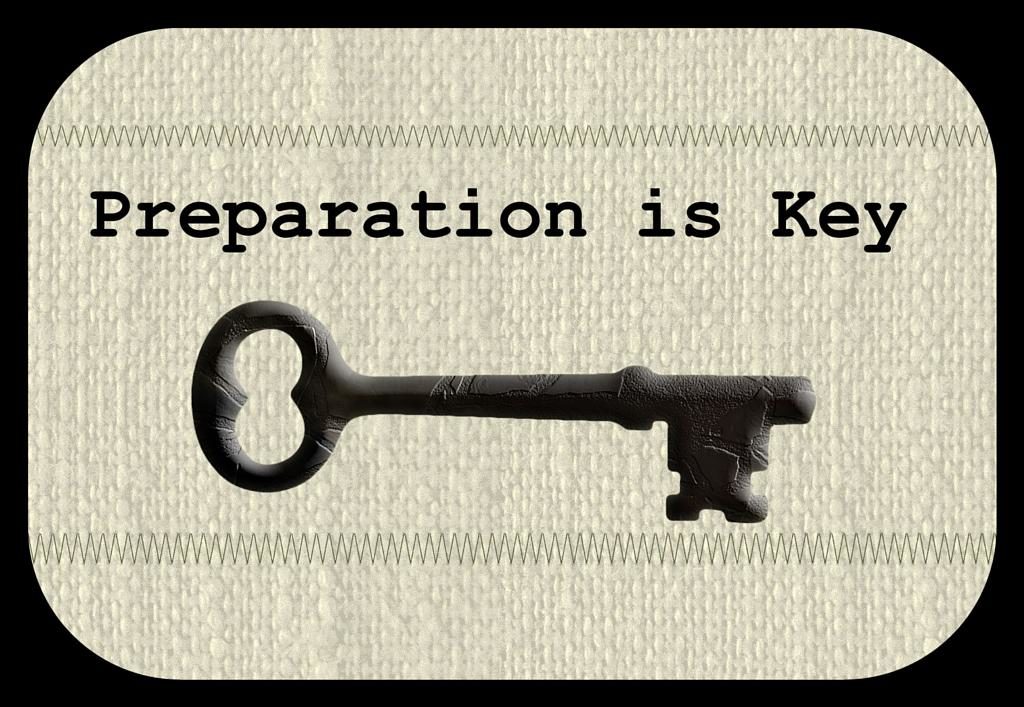- You are here:
- Home »
- Blog »
- How to Improve IELTS »
- The Perfect IELTS Preparation System
The Perfect IELTS Preparation System
Here’s a preparation system that should deliver good results if you stick to the spirit of it and adapt it to your situation.
Set aside some time regularly to practise – preferably each day but as a minimum 3 times a week. This does not have to be hours and hours (language is not like chemistry or history –it’s skills-based so little and often works better). Make sure that you can really focus during these times with no distractions.
You need to cover each part of the exam regularly (even if you got a high score before don’t neglect any area or you may find it will drop a bit and a lot if you leave it for a long period of time). Decide on the balance – if reading is your main problem then do more of this and perhaps listening once a week etc. If you really need to improve all areas then make sure that you address each part regularly. You could do reading and writing one day and then on your next study day do listening and speaking.
Keep a record of your work and progress – this monitoring helps you to evaluate your work and also pull out small areas that need extra attention like specific questions or particular grammar points to revise. You can simply use a diary to record the results of your study or make a chart whichever is the one you like to use the most– include any test marks and where you made these errors – over a few days you can look for patterns and this will show you what you need to do.
Now you are all set:
Here are some Do’s and Don’ts to help you study well.
Do’s
- Make sure you have the right tools (dictionary, ielts book, grammar book)
- Be systematic – follow a set pattern then you can monitor and check
- Cover every part of the test
- Practise regularly
- Revise, revisit and re-evaluate
- Break things down
- Re-assess at intervals
- Be responsible for your own IELTS – it’s not your teachers or the examiners responsibility
- Get the right support
- Believe you can do it – you just need to take a few more steps
Don’t
- Don’t book the exam until you know you can get your score
- Cross your fingers and hope
- Just keep doing tests over and over
- Flit from one thing to another – have a system
- Neglect any part of the IELTS – this includes any grammar issues you have
- Forget to learn new vocabulary
- Put away your work without checking and really understanding your mistakes
- Expect movies and video to improve your IELTS result
- Sit and worry – get some help
- Beat yourself up – we all make mistakes – keep going and don’t give up

